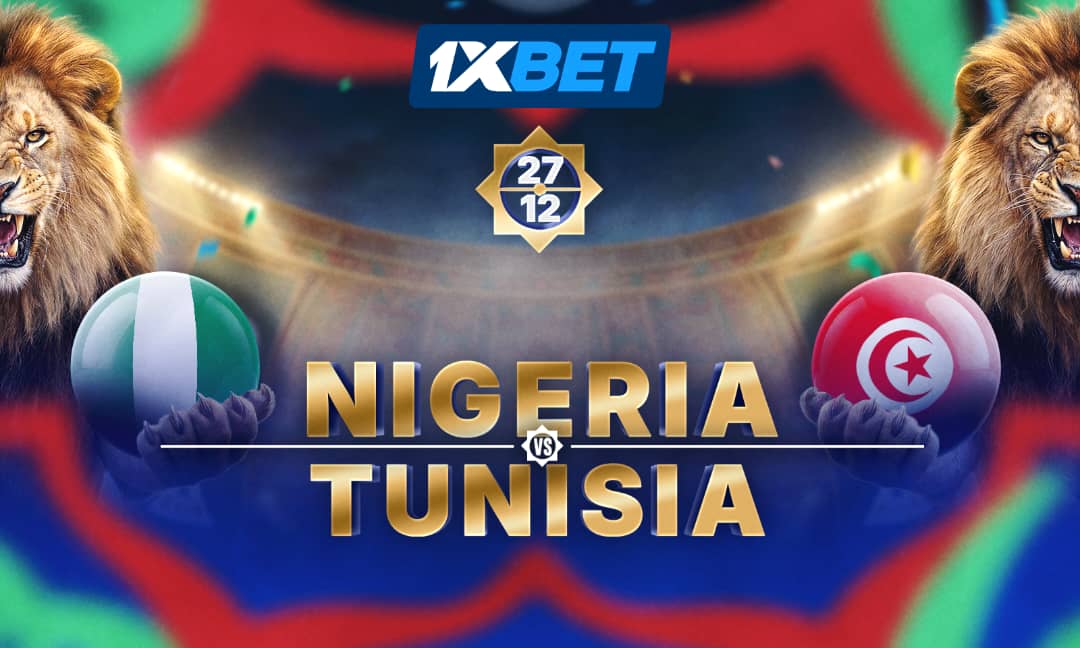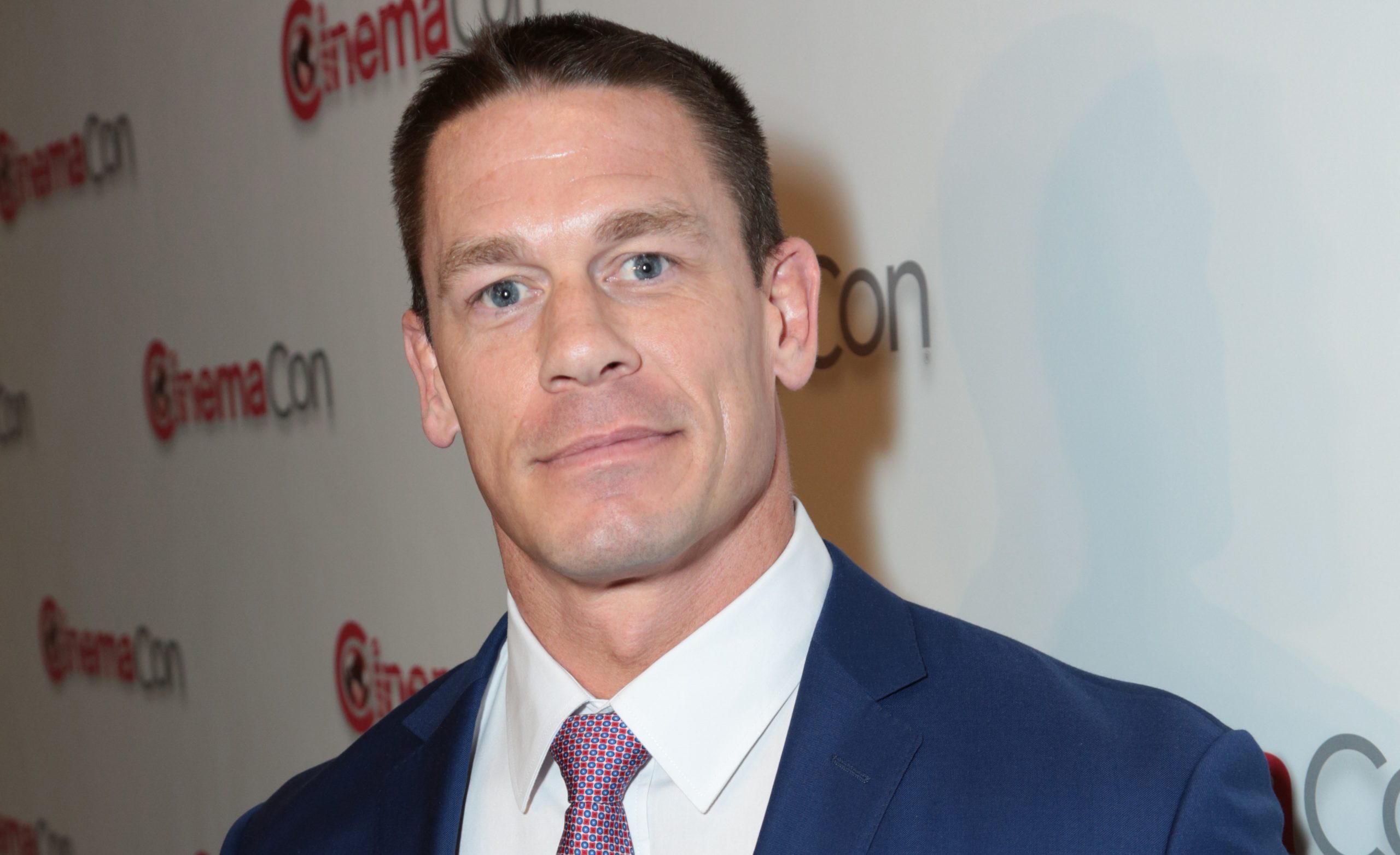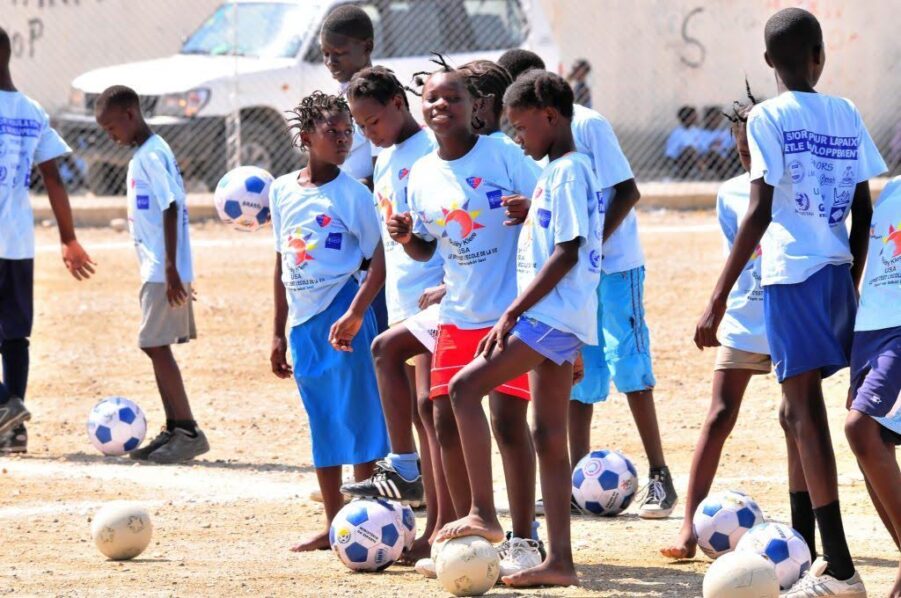
Over the years, countries, organisations and groups have used sport to achieve some socio-economic goals. In some countries, sport, which is big business and great employer of labour, also serves as a nation-building tool deployed to enhance national unity and peaceful co-existence. GOWON AKPODONOR writes that such is the power of sport that the United Nations declared April 6 every year as the International Day of Sport for Development and Peace.
One of the most memorable moments in Nigeria’s history was in 1969, during the Civil War. The date was February 4, 1969, when the late king of football, Pele, achieved a momentary ceasefire in the three-year war, which had then claimed over a million lives.
It was in the midst of that period that the Brazilian football giants, Santos, landed in Benin City to face a Mid-Western State side and the soldiers agreed to drop their weapons in honour of the Great Pele, who was visiting Africa for the first time as a peace ambassador.
According to one of Pele’s former teammates, Ramos Delgado, the war stopped for the game to go ahead because “Pele’s power was incredible.”
US magazine TIME reported back in 2005 that the Nigerian government and the Republic of Biafra accepted a three-day ceasefire. “Although diplomats and emissaries had tried in vain for two years to stop the fighting in what was then Africa’s bloodiest civil war, the 1969 arrival in Nigeria of Brazilian soccer legend Pele brought a three-day ceasefire,” said the TIME article.
“Both the government and the breakaway Republic of Biafra accepted a truce to allow his team, Santos, to play two matches against local teams. For 72 hours, football was more important than war.”
That was one aspect of sport’s power in action.
Over the years, sport has been increasingly recognised and used as a low-cost and high-impact tool in humanitarian, development and peace-building efforts.
Sport and physical activity, according to the United Nations (UN) General Assembly, which declared today the International Day of Sport for Development and Peace (IDSDP), play positive roles in communities and in people’s lives across the globe.The UN had themed this edition of the yearly celebration, “Sport for the Promotion of Peaceful and Inclusive Societies” to raise awareness of the positive influence that it can have on the advancement of human rights, and social and economic development.
The UN had long recognised the power and universality of sport, using it to unite individuals and groups through supporting sport for development efforts, participating in events from the global to the grassroots level, and developing its own sports-related campaigns and initiatives.
According to the UN, owing to its vast reach, unparalleled popularity and foundation of positive values, sport is ideally positioned to contribute towards the UN’s objectives for development and peace.
The United Nations believes in the power of sports to change the world. it has long recognised the power and the universality of sport to unite individuals and groups by supporting them through educational and sport grant and sponsorship. It also sees sports as a positive influence on the advancement of human rights, and social and economic development.
In the 2030 Agenda for Sustainable Development of Sport, the role of sports was clearly delineated: “Sport is also an important enabler of sustainable development. We recognise the growing contribution of sport to the realisation of development and peace in its promotion of tolerance and respect and the contributions it makes to the empowerment of women and of young people, individuals, and communities as well as to health, education and social inclusion objectives.”
As a result, it created the United Nations Office on Sport for Development and Peace. The office brings together members of the international sporting community yearly for seminars and workshops and encouraged member nations to organise a “United Nations Football for the Goals initiative” to share best practices, discuss challenges, and explore collaborative opportunities to drive positive social change and contribute to global efforts towards sustainable development and peace. and urged relevant international, regional, and national sport organisations, civil society including, non-governmental organizations (NGOs) and the private sector to partner, collaborate, cooperate, observe, and raise awareness of the International Day of Sport for Development and Peace. Many member nations have responded positively but many African countries continue to face challenges and problems.
According to United National Deputy Secretary-General Amina J. Mohammed, “Sport has the power to align our passion, energy and enthusiasm around a collective cause.” It presents an opportunity to recognize the positive role sport and physical activity play in communities and in people’s lives across the globe, but it also presents challenges for developing nations like Nigeria.
“Sports development is our collective endeavour. The three tiers of government should work together to develop sports from the grassroots (school sports) to the elite level. Nations that see the value and benefits of sports invest heavily and secure private sector participation.”
However, there are growing concerns in some quarters that sport has not really unified the people, especially Africans, as portrayed by the United Nations.
Former national tennis captain, Professor Sadiq Abubakar Abdullahi, told The Guardian that progressive nations have continued to use sports as a weapon or tool for national unity and sports development, community integration, economic and socio-cultural development.
“They achieve this through various means, primarily through the primary and secondary schools. They also accomplish this through partnering agencies both International non-governmental Organisations (INGOs) and non-national Government Organisations (NGOs), as well as intergovernmental agencies.
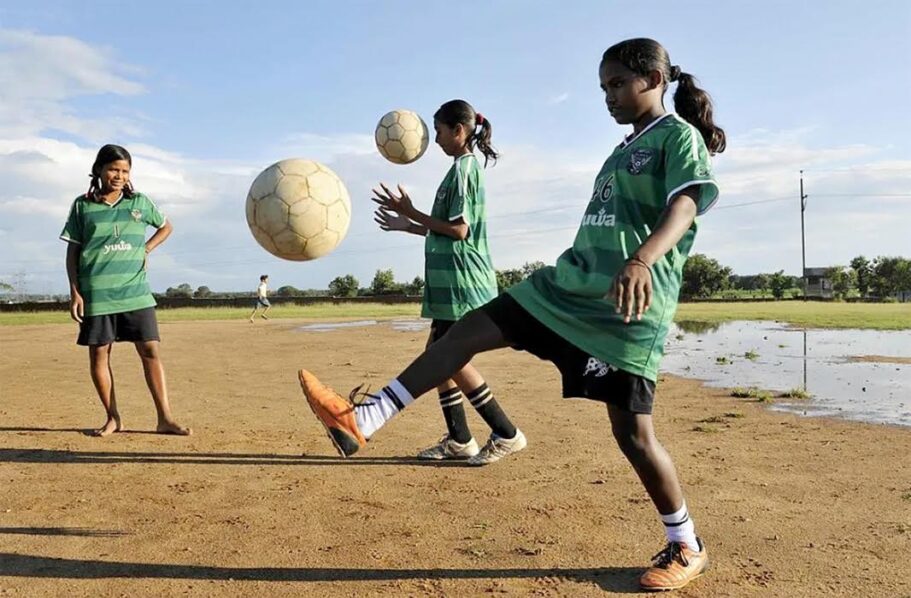 “Shifting emphasis to “Sports as a Business” helps to accelerate development because the private sector will be recognised and incentivised by the federal and state governments.”
“Shifting emphasis to “Sports as a Business” helps to accelerate development because the private sector will be recognised and incentivised by the federal and state governments.”
He said that sports development has become a national priority with the “President Bola Ahmed Tinubu’s administration under the strong leadership of Minister of Sports, John Owan Enoh, a professor, farmer, and humanitarian. Sports development promotes active lifestyles, youth engagement and youth development, social inclusiveness, peace, and unity, as well as engenders a sense of belonging and national pride.”
Prof Abdullahi said some of the challenges facing sports development, include, but not limited to budgetary allocations, funding, and the reluctance of National Sports Federations to add to their yearly goals.
He said: “Partnerships and collaborative opportunities should be sought at all governmental, educational, and business levels, nationally, continentally, and globally.
“For example, the United Nations has promoted the “Football for the Goals” (FFTG) initiative to provide a platform for the global football community to engage with and advocate for the Sustainable Development Goals (SDGs). The initiative inspires and guides the world of football – from grassroots clubs and NGOs to professional leagues and international confederations to build on existing sustainability approaches and to implement SDG-related strategies that lead to behavioral change. Members also use their visibility and outreach power to raise the profile of the SDGs through amplification and advocacy. The initiative also provides an opportunity to build on football’s powerful and influential reach and for football organisations to work together to become agents of change by aligning messaging, strategies, and operations with the aspirations of the SDGs. Other sports should follow suit.”
The former African number one tennis star said it is unfortunate that Nigeria has not really used the power and universality of sport to unite the nation, individuals, and groups.
“Past sports ministers may have attempted to use sports to unite the nation but have failed woefully. There is no political will. To begin a new campaign and initiate a collaborate engagement and use sporting events from the grassroots to the global level, the sports ecosystem must be restructured or repackaged.
“The Nigeria Sports (Industry) Policy 2022-2024 was designed to address the gaps and move the nation in the direction of sports as a business. But as of today, the Policy faces implementation challenges. There appears to be no apparent commitment from the Federal Government to move in this direction.”
He said that Nigerian politicians continue to see no value in sports development, improvement, and sustainability. “They have failed to leverage the benefits of sports at the grassroots to unify a nation heavily divided.
“This is perhaps because most of them operate on the “old mindset or the old paradigm” and seeing sports as a waste of time. Interestingly, many of them participated in one form of sport at the secondary level.”
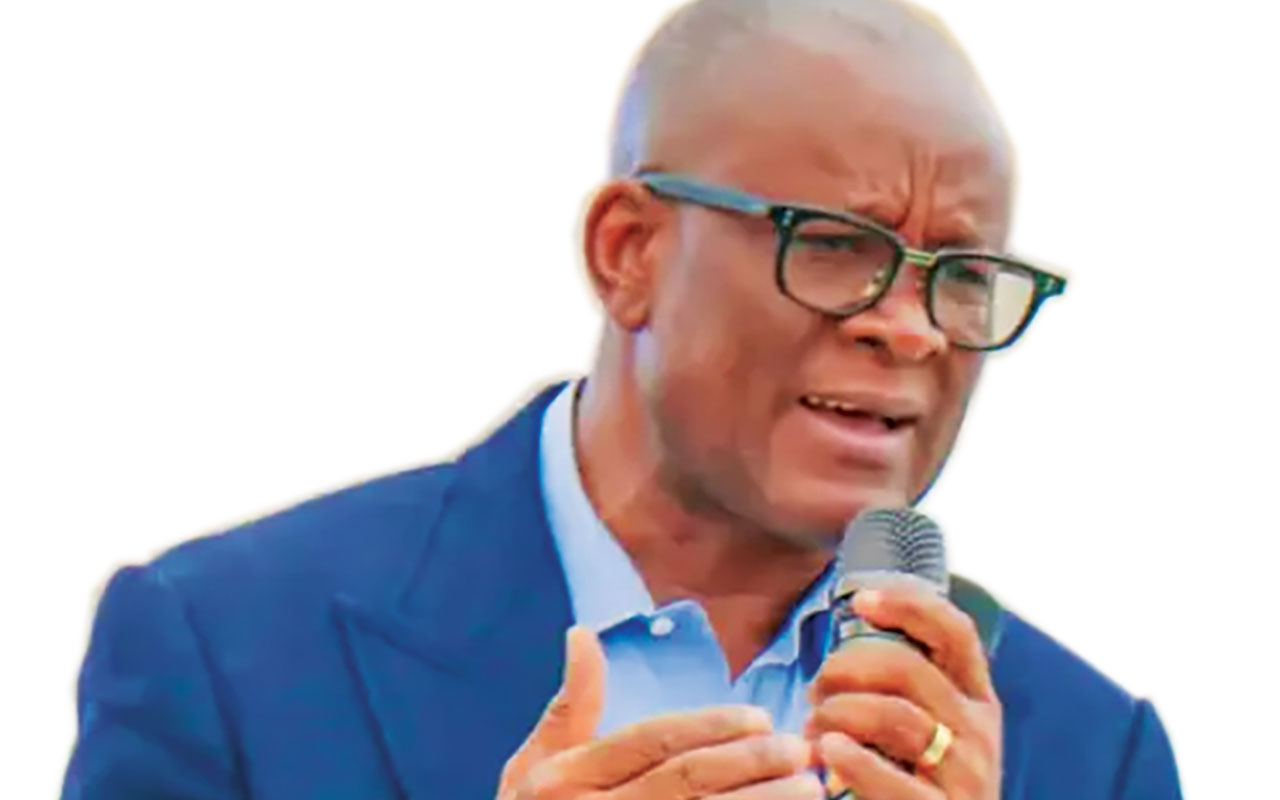
Prof Abdullahi is thrilled that after 10 months in office as Sports Minister, Enoh is determined to change this old mindset and the culture of dependence on government.
“He is uniquely positioned to lay a foundation for a sustainable sports development and peace. In my last conversation with him, he assured me that after the just concluded AFCON 2023 and All Africa Games, the emphasis will shift from “Competitions” to “Sports Development.
“But he must work through the National Sports Federations (NSFs) to achieve this objective. He should continue with the reformation and repositioning of NSFs to align with global best practices, which is basically the professionalisation of NSFs. This reform effort was started by former sports ministers, Solomon Dalung, and continued by Sunday Dare. He should also urge the NSFs to align their constitutions and bye-laws with the Federal Ministry of Sports Development new vision, mission, and with President Bola Ahmed Tinubu’s ‘Renewed Hope’ mandate.”
He described sports as a big global business, saying there should not be a monopoly in Nigerian sports business.
“All stakeholders should be encouraged to get a slice of the business and engage in productive partnerships to make positive impacts on national development, youth development, elite performance, and national pride.
“A country that manages corruption, promotes effective leadership, good governance, and inclusiveness enjoys benefits of sports as a business, not as a recreation.”
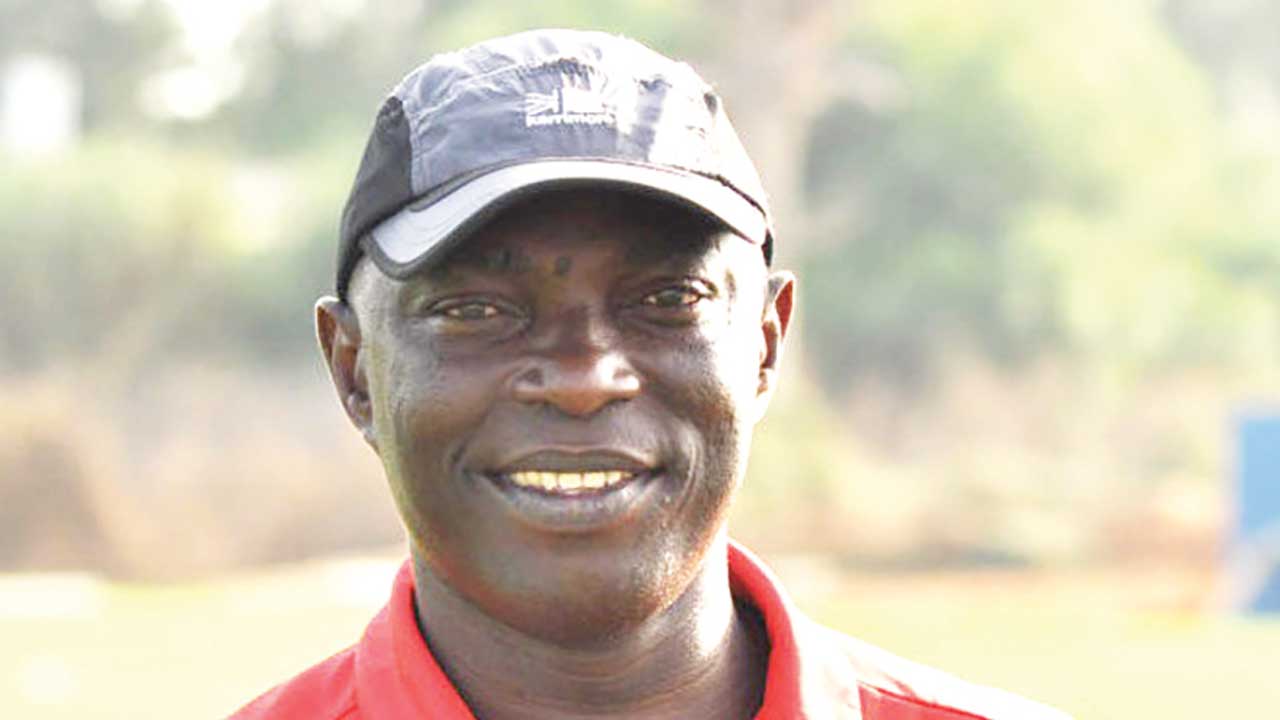
National coordinator of Community Sports and Educational Development (CSED -initiative), Edema Fuludu, whose outfit has over the past six years joined the world yearly in celebrating the International Day of Sports for Development and Peace (IDSDP), said they channel their activities in encouraging the participation of youths, especially school children, in sports.
“This year, come April 6, for example, we have the Netball Challenge in Bayelsa State specifically for the girl/child (Children); we are partnering Heritage Sports to play a chess tournament in Edo State and cricket in the Cameroun refugee camp in Ogoja, Cross River State.
“Equipment and resource persons are under our care. So, this is not new to some of us.
Government needs to understand first and foremost that sport is beyond mere entertainment and the positives in developmental sports cannot be quantified in real terms,” he said.
The former Super Eagles midfielder, who was a member of the 1994 Africa Cup of Nations winning team, described sports as a leveler, which does not discriminate and promotes inclusiveness by bringing together people of diverse ethnic, religious and cultural backgrounds.
He said: “Sport promotes friendships and awareness, promotes health, reduces healthcare worries, both in mental and physical well-being, reduces youth restiveness and promotes creativity.
“Imagine that government at various strata invest in sport facilities and give tax incentives to businesses to promote sports and the number of youths that will be enco uraged to get involved for the media mileage and income that can ripple in.
“Sports is structured with rules and regulations and the more our people imbibe the attributes of following rules and regulations the better our society will become, the use of drugs by our youths will be reduced drastically, as the regulations do not allow illegal substances and drug abuse. Sound and creative leaders of tomorrow will be in abundance.
“It is time to invest in sport as a corporate social responsibility by corporations and for governments to know that part of their social contract with the Nigerian youth is to create a conducive atmosphere for their all round well-being.”
The former Julius Berger star, who also played in the Turkish league, said sport is not limited to the youth or the able-bodied, adding, “the physically challenged are engaged, the elderly for health reasons, the food vendors for financial returns, the fans or audience for relief of stress, the psychology of accepting defeats as momentary and moving on, the hospitality industry. There will be positive chain reactions and bigger value chain.”
According to Fuludu, to make Nigerian society better, government can use sport as a tool for social literacy, health promotion and entertainment while courting the business of sport at professional levels.
“Indeed, sport has always unified this great country, Nigeria, especially football, but it is only momentarily when the national teams are on assignment. We must move beyond this level and move to concretise in our consciousness at school and grassroots the need to understand the power of sport in national development.”
Permanent Secretary, Nasarawa State’s Ministry of Sports, Isaac Danladi, described sport as a big weapon the government uses in building national cohesion, adding that many administrations have used it to unify the country.
He said: “The late Head of State, General Sani Abacha, united Nigerians through sport when Nigeria’s Super Eagles won their second Africa Cup of Nations trophy in Tunisia in 1994, and later qualified, for the first time, for the FIFA Senior World Cup in the USA in same 1994, after many trials.
“Two years later, Nigeria would go on to win the Atlanta Olympics gold medal in football, beating off pre-tournament favourites, Brazil and Argentina to become the first country in Africa to do so at a global showpiece, inspiring the song, “Nigeria Win Brazil.” The country also won medals in athletic at the same Olympic Games.
“In 1998, Nigeria qualified for their second consecutive Senior FIFA World Cup in France and successfully bidding to co-host the Africa Cup of Nations with Ghana in year 2000.
“Those feats were achieved during the military era and they became elixirs for the somewhat suffering masses during the military administration.”
According to Danladi, who is also chairman of Nasarawa United Football Club, the country’s third African Cup of Nations victory in 2013 and U-17 World Cup victory under President Goodluck Jonathan brought Nigerians from all walks of life together for a common goal, renewing hope and patriotism among the citizens.
“To narrow down to Nasarawa State, where Governor Abdullahi Sule continues to invest heavily in sports people and sports infrastructure, whenever any of the state’s teams record any success in any competition, the atmosphere will automatically change as the people become united in support of the athletes’ performance,” he said.
He said that the country could make IDSDP more meaningful by “forging a unified sense of purpose and creating everlasting bonds to improved health and increased social capital, sports, indeed, goes beyond providing just entertainment.”
Danladi said sport has become a multi-billion dollar industry, especially in developed societies, adding that it has also become a major driver for socio-economic growth and development.
“Such sports as football in Europe pump in billions of dollars in yearly revenue to these countries’ economy, while major events like the Olympic Games lead to high capital infusion into the hosting countries.
“So, a country can develop sport and make it a tool for economic and socio-cultural development through proper policy formulation, adequate funding, talent nurturing, promoting international relations, form strategic institutions for sports development, and funding the development of sports utilities.”
Ex-Green Eagles winger, Adegoke Adelabu, told The Guardian that Nigerians “should not allow the euphoria around the Super Eagles to mislead us into believing that the emotional attachment of the people to the participation of the national team in competitions is an indication that sport is a unifying factor in Nigeria.”
He said: “We need to do more about the way we promote our sports such that we can meet the needs of various interest groups and not only concentrated on football. We need to do something about our facilities and create jobs for the youths.
“There are sufficient opportunities in sport to address various atrocities committed by the youths. This has to do with serious participation in various games from primary school to the university level.”
Adelabu, a sports scientist, who played club football with Shooting Stars of Ibadan, added: “There is an urgent need by Mr. President to take a deeper look at the deterioration in our sports development philosophy.
“The youths are participating in crimes because we only focus on preparing our athletes for participation in competitions rather than developing our sport as an industry.
“It is an abuse of professional ethics to allow a nonprofessional individual to head our sporting organisation. How can such a person provide direction for our growth? Also, it has been observed that nobody is held accountable for anything. That is ridiculous for a nation like Nigeria.
“We need to ask our leaders in what ways they have used sport for peace and societal growth? How many universities offer scholarships to sportsmen and women? Who are the professionals in our sports administration? All we have are political appointees who see sports administration as a non-challenging sector to make ends meet. No one has ever been held accountable for maladministration.”
Adelabu said that successive governments have neglected sport because it’s not oil that brings in money for the politicians to spend.
According to Adelabu: “That is the mistake they are making. They should ask how much our youths and sports enthusiasts spend on betting and how much of their time is consumed in front of the television watching players that may not qualify to be in the first 11 of a division one club in Nigeria.
“Ask our coaches and athletes, how many of them have access to the dilapidated facilities in ”
“Do we have any story to tell the world outside just participating in competitions? We must visit all our sports institutions; the Sports Ministry, the Sports Council, the Sports Commission etc and ask them what roles they have been playing in sports promotion and societal inclusiveness in their administrative activities.
“In fact, we must undertake staff auditing to see who is qualified to work in those noise-polluted offices. We have to learn to imbibe the spirit of international standard of operation and not just celebrating the ‘letter’ while lacking the ‘Spirit’ behind the letter.”
On his part, former Nigeria hurdler, jumper and sprinter, Seigha Porbeni said that the peaceful and societal inclusiveness of the power of sports is written all over the nation.
“This was evident during the AFCON championship in Cote d’Ivoire,” Porbeni said. “Whenever Nigeria was playing, the entire nation stood united at all fronts. Even at the recently concluded 13th Africa Games in Ghana, despite the fact that we finished in the second position behind Egypt, all Nigerians were in celebration mood. The athletes’ performance gave us immense joy.
“Sports can actually be used for the promotion of peace and societal unity, but to a large extent, I feel that sports have been misconstrued to begin and end with only one sport in our country, and that is football.
“Years back, Ibadan, Makurdi, Bauchi, Enugu, Kano and Kaduna, to mention but a few, used to be centres for heavy sporting activities. Today these places are shadows of themselves. All that is left are their football clubs. Most states of the Federation do not organise competitions.
“To worsen it, even when national federations manage to come up with one, most states do not attend. During the Christmas season, most villages organise only football competitions among wards and quarters regardless of land and other disputes,” Porbeni stated.



